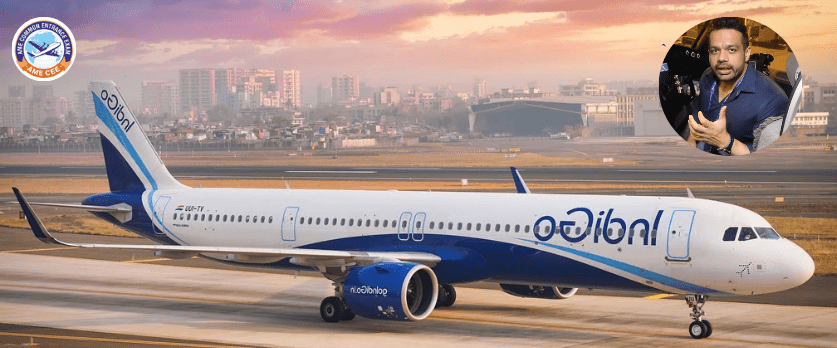The stability of a pilot’s job can be affected by various factors, and the concept of job stability for pilots can differ based on several elements. Here’s a detailed overview:
Factors Affecting Pilot Job Stability
Industry Fluctuations
The aviation industry is sensitive to economic changes, geopolitical events, and global crises (e.g., pandemics). These factors can lead to fluctuations in passenger demand, airline profitability, and consequently, pilot employment stability.
Seniority and Career Stage
Entry-level pilots might face less stability initially due to job market competitiveness. However, as they gain experience and seniority within an airline, job stability typically increases, accompanied by better job security, benefits, and schedule predictability.
Airline Health and Business Model
The stability of a pilot’s job can significantly depend on the financial health and business model of the airline they work for. Legacy carriers might offer more stability compared to smaller regional airlines or those with volatile financial conditions.
Regulatory Changes and Training
Evolving regulations or changes in licensing requirements may impact job stability, especially if additional training or certifications become mandatory, leading to potential job interruptions or career adjustments.
Technological Advances
Advancements in technology might also influence job stability. For instance, automation and advancements in aircraft design could alter the demand for pilots in the long run.
Factors Contributing to Perceived Stability
Global Pilot Shortage
Historically, the aviation industry has faced pilot shortages, leading to increased demand and better job prospects for pilots in some regions and sectors of the industry.
Diverse Opportunities
The pilot profession offers diverse opportunities beyond commercial airlines, including cargo operations, private aviation, charter flights, military service, flight instruction, and corporate aviation. These options can provide alternatives in case of fluctuations in specific sectors.
Resilience and Adaptability
Pilots with a versatile skill set, including experience with various aircraft types or certifications, might have better adaptability and higher job stability as they can transition between roles more easily.
Conclusion
While a career as a pilot can provide job stability and excellent prospects, it’s crucial to recognize the industry’s cyclic nature and external factors that can impact job security. Maintaining a flexible mindset, staying updated on industry changes, and continuously developing skills can contribute to enhancing job stability and resilience in the aviation field. Ultimately, job stability in this profession can vary based on individual circumstances, experience levels, and the prevailing conditions within the aviation industry at any given time.
To become an commercial pilot you may could join commercial pilot license through AME COMMON ENTRANCE EXAM (AME CEE) this examination you may join Commercial Pilot License approved by DGCA.


